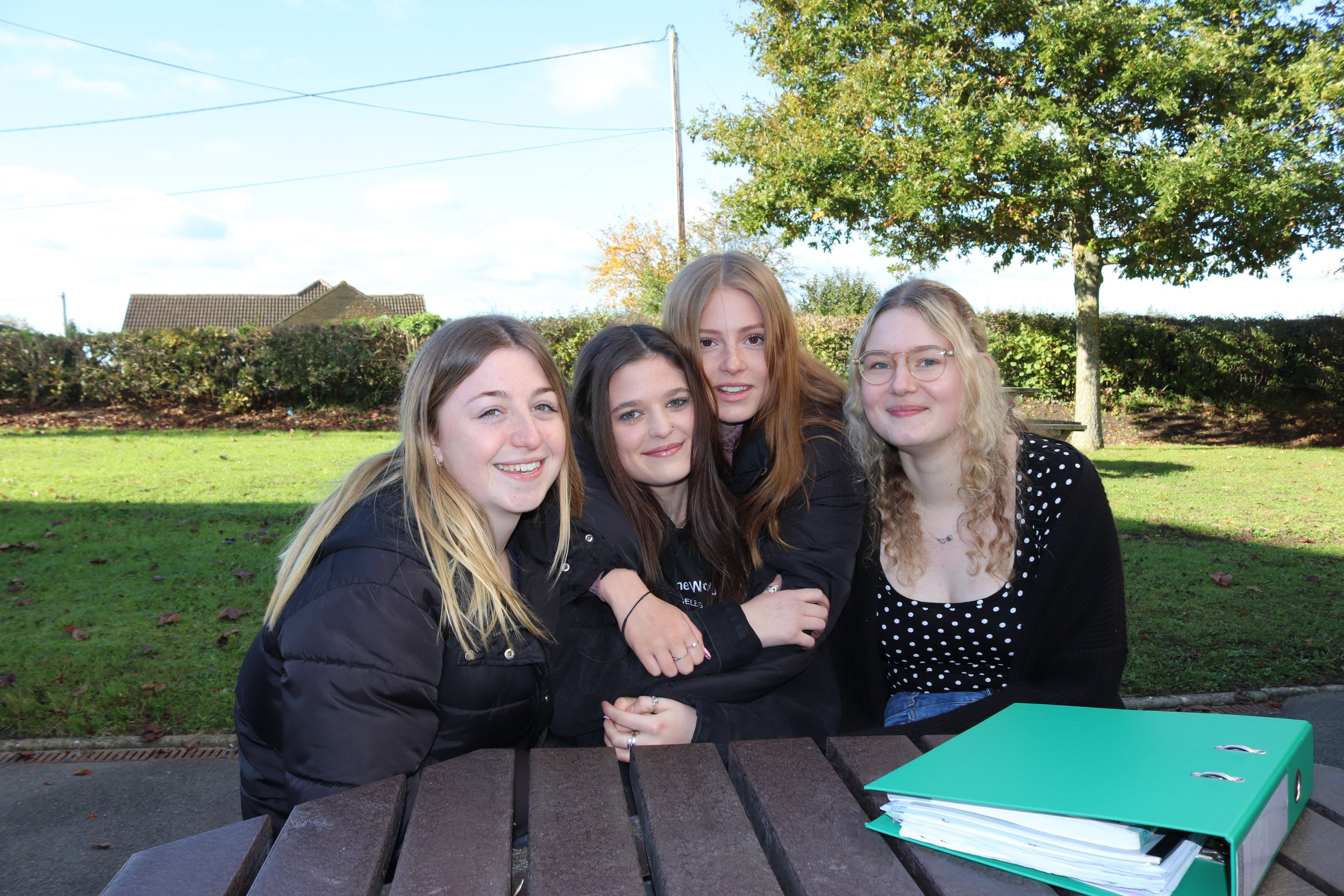Sixth form History
"The more you know about the past, the better prepared you are for the future." – Theodore Roosevelt
Type: A Level
Contact: Miss K Allen
Course Overview
History is the study of human experiences and how they have shaped the world we live in today. This course covers significant events and periods that have defined societies and cultures, helping you develop analytical skills and a deep understanding of the past.
What will I learn?
You will study a variety of historical periods, including British, European, and global history. Topics may include the Russian Revolution, the English Civil War, and the African-American Civil Rights Movement, with an emphasis on historical debates and interpretations.
How will I be assessed?
Assessment includes three written exams and coursework on a historical investigation of your choice.
Progression
History is a highly respected subject that opens doors to careers in law, politics, journalism, and education. It also provides a strong foundation for further study in the humanities and social sciences.

